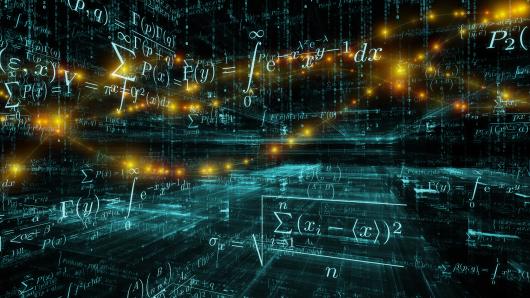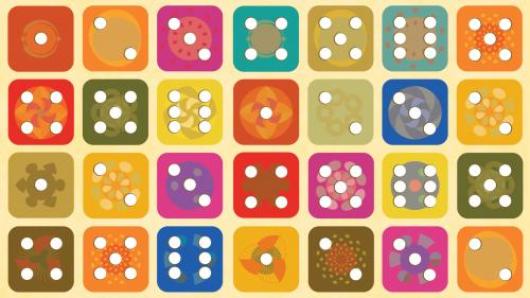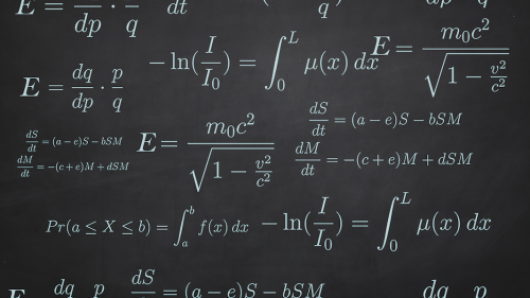Course description
We use the language of probability and chance all the time, in settings ranging from the lofty to the mundane: from weather forecasts to political polls, medical diagnoses, sports gambling, economics, Powerball lotteries, evaluation of legal evidence, game shows, and sophisticated machine learning algorithms. And yet it is difficult to pin down exactly what we mean when we talk about probability. Without a clear idea of what probability is, students of statistics inevitably struggle when faced with real-world problems requiring probabilistic reasoning, particularly in the biological or social sciences. To clear things up, we survey the history of disagreement about the nature of probability and then consider a new definition of probability as an extension of logic. This applies to all situations of reasoning with incomplete information, which unifies the various opposing interpretations and puts probability on a solid foundation. We then use this logical framework to develop quantitative tools that apply to many practical examples, and we show how probability can help us navigate an uncertain world. Finally, we tour through the standard statistical methods to show where they get things right and where their results are necessarily illogical.





